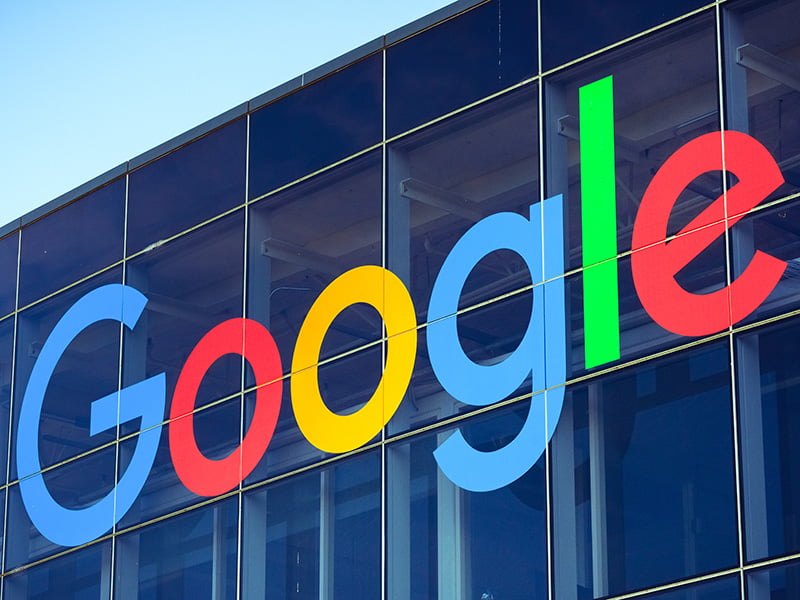Google has backflipped on a promise to allow users to easily opt out of third-party cookies in its market leading browser, announcing overnight it will not introduce the standalone prompt it flagged last year.
It means the ability to opt out of third-party cookies – the tiny packets of code that track users’ activity across the internet – will remain buried in the settings of Chrome.
The decision comes as Google parent Alphabet faces legal pressure in the US, where a judge has ruled it maintains illegal monopolies on online advertising technology.

Google had flagged the improved choice last June, softening news it was abandoning plans to phase out third party cookies altogether over growing privacy concerns, despite years of work on alternatives.
The cookies allow organisations to track users’ browsing habits and are a key pillar of the online advertising ecosystem and targeted advertisements.
But they raise issues with Australian privacy law, particularly if the data can identify a user. Australians have also repeatedly expressed discomfort with online tracking for targeted ads.
A review of Australian privacy law recommended a new unqualified right to opt out of receiving targeted advertising.
But after pressure about the review findings from tech companies, including Google, Attorney General Mark Dreyfus went against the recommendation, one of just 10 rejections from the landmark review’s 116 recommendations.
In a blog post published Tuesday morning, Google’s Anthony Chavez wrote “divergent opinions” among the advertising industry, regulators and developers had emerged over moves that would limit third party cookies.
“… We’ve made the decision to maintain our current approach to offering users third-party cookie choice in Chrome, and will not be rolling out a new standalone prompt for third-party cookies,” he wrote.
“Users can continue to choose the best option for themselves in Chrome’s Privacy and Security Settings.”
Google rolled out a Privacy Sandbox in 2020 to work on a third-party cookie replacement. Those alternatives now have a less clear future, but Mr Chavez wrote the tech giant will continue investing in them and share an updated roadmap with the industry.
The development of the Sandbox is being monitored by the UK competition regulator, which had expressed concerns about barriers to entry by Google’s removal of third-party cookies.
Earlier this month a judge in the US ruled Google illegally dominates two markets for online advertising technology, raising the prospect of a forced break-up.
Do you know more? Contact James Riley via Email.

